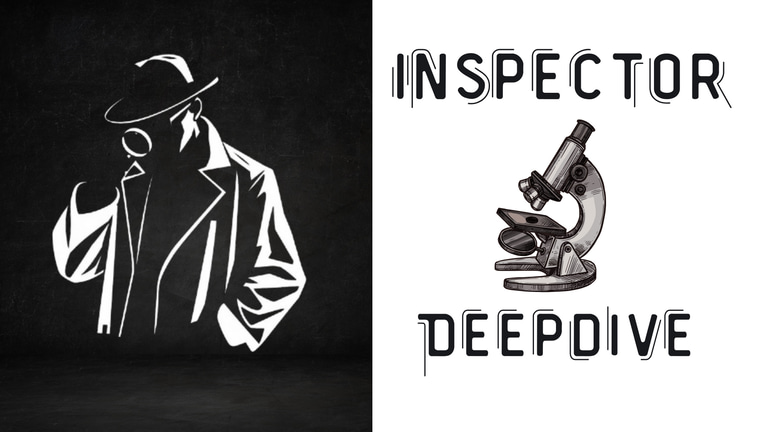
Vitamin D3: The Essential Nutrient for Strong Bones, Immunity, and Overall Wellness

Vitamin D3: The Essential Nutrient for Strong Bones, Immunity, and Overall Wellness
What is Vitamin D3?
Vitamin D3 (cholecalciferol) is a fat‑soluble nutrient your skin makes when it gets sunlight. You can also get it from animal foods like fatty fish, egg yolks, and from supplements. D3 is the most effective form for raising your body’s vitamin D levels.
What does Vitamin D3 do for your body?
Vitamin D3 helps your body use calcium and phosphorus, which keeps bones and teeth strong. It also supports the immune system, helps muscles work properly, and may influence mood and brain health. Over time, good vitamin D levels contribute to heart and overall metabolic health.
How your body processes Vitamin D3
When sunlight (UVB) hits your skin, it starts making D3. That D3 travels to the liver and becomes 25‑hydroxyvitamin D (the form measured in blood tests). The kidneys and other tissues then convert it into the active hormone your body uses. Healthy digestion and some dietary fat help with absorption from food or supplements.
Best sources
Sunlight: short daily exposure to bare skin (amount depends on skin tone, location, season).
Foods: salmon, mackerel, sardines, cod liver oil, egg yolks, and fortified milk or plant milks.
Vegan option: algae/lichen‑derived D3 supplements.
Nutrients that help Vitamin D3 work better
Vitamin D3 works best when paired with:
Calcium: for bone strength.
Magnesium: helps activate vitamin D.
Vitamin K2: helps direct calcium into bones, not arteries.
Who may need more Vitamin D3?
People who live far from the equator, spend little time outdoors, have darker skin, are older, are obese, or have digestive issues that reduce fat absorption may need more vitamin D3. If you use sunblock constantly or cover most of your skin, your natural production will also be lower.
Signs you might be low
Common signs include tiredness, muscle weakness, bone or joint pain, mood changes, and frequent infections. The best way to know is a blood test for 25(OH)D arranged by your healthcare provider.
How long to correct low levels
Mild lows can improve over several weeks to a few months with sun exposure and supplements. More severe deficiency may take months and should be treated and monitored by a clinician.
About supplements
Supplements are useful when sunlight and diet aren’t enough. Most come as oil capsules, tablets, liquid drops, or gummies. Vegan D3 from algae is now widely available for those avoiding animal products. Take supplements with a meal containing fat for best absorption.
Types:
Oil capsules or softgels (common, well absorbed)
Tablets or chews (convenient)
Liquid drops (easy dosing for kids)
Vegan algae/lichen D3 (plant-based option)
General dosage guidance
Typical maintenance: 600–800 IU/day for many adults (official recommendations vary).
Common clinician dose for support: 1000–2000 IU/day.
To correct deficiency: 2000–5000 IU/day or higher under medical supervision.
Upper safe limit for most adults: 4000 IU/day (higher only with monitoring).
(talk to your doctor)
Safety and risks
Too much vitamin D can raise blood calcium, causing nausea, weakness, kidney problems, and long‑term tissue calcification. Follow recommended doses and check blood levels if you take high doses.
When to take it
Take vitamin D3 with a meal that includes some healthy fat (e.g., avocado, olive oil, nuts). Morning or midday is fine for most people. Splitting doses is optional but can help if you take very high amounts.
Things that affect absorption
Low-fat diets, digestive disorders (like celiac or Crohn’s), certain medications, body weight, and limited sun exposure all affect vitamin D availability.
Myths
Sunscreen completely blocks vitamin D not entirely; it reduces production, but short unprotected exposure or dietary sources help.
All D forms are equal D3 raises blood levels more effectively than D2.
How to track and test
Use a blood test for 25(OH)D to check your status. Nutrition apps and food labels can help estimate intake, but testing is the clearest method to guide supplementation.
Recent advances
Sustainable vegan D3 from algae is now common. Research continues into D3’s roles in immune health, brain protection, personalized dosing, and targeted delivery methods (e.g., liposomal formulations).
Quick takeaway
Vitamin D3 is essential for bones, immunity, muscles, and overall health. Get safe sun exposure, include D3-rich foods, and consider supplements if recommended by your healthcare provider. If you want, I can make a one‑page quick checklist, a shopping list of D3 foods, or draft a short script to talk to your doctor about testing. Which would help most?
info@inspectordeepdive.com
© 2025 food.InspectorDeepDive.com. All rights reserved. Content may not be copied or republished without permission.
This article is for informational purposes only. InspectorDeepDive.com does not provide medical advice. Always consult a licensed healthcare provider before making dietary or health decisions.
